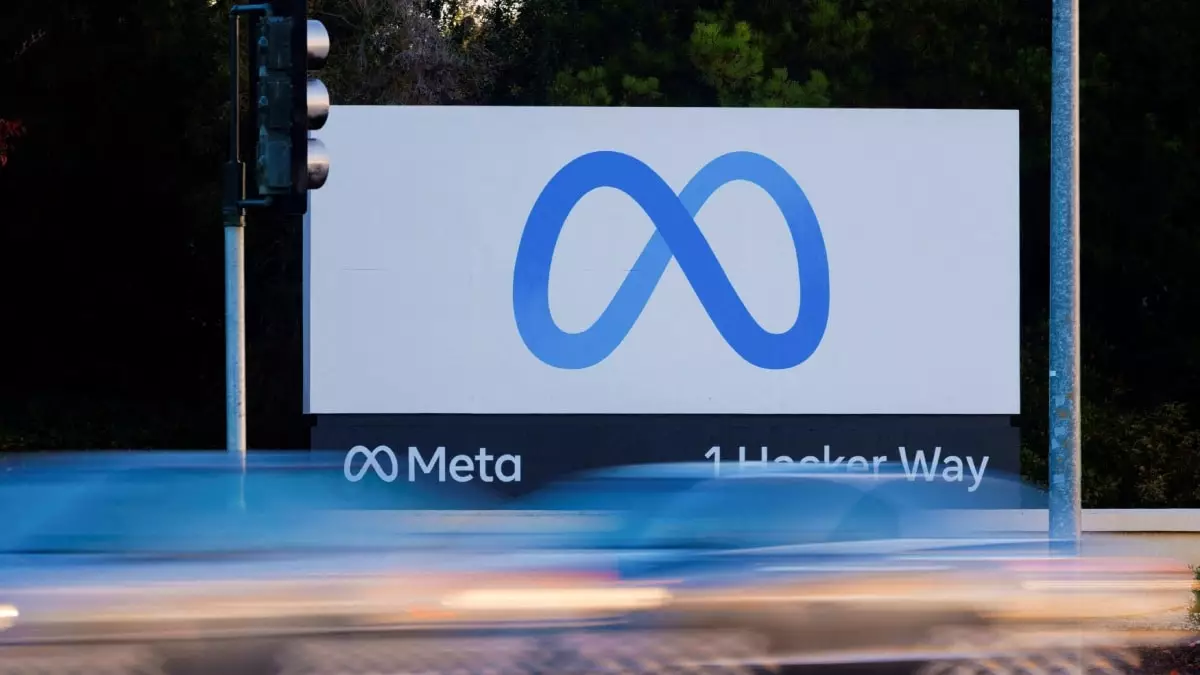Meta Platforms has long positioned itself as a social media powerhouse, connecting billions worldwide. However, recent developments reveal a troubling disconnect between Meta’s lofty promises and the reality faced by its user base. The mass banning spree, often executed through opaque automated systems, has subjected countless users—both individuals and businesses—to sudden account suspensions. These actions are not merely inconveniences; they threaten the very fabric of digital communication and commerce. The core issue lies in the lack of transparency and accountability from Meta, especially when users are left in the dark about why their accounts are suddenly disabled. This erodes trust in a platform that was once considered a bastion of community and connection.
The Illusion of Support in a System of Automation
One of the most disillusioning aspects for users is the failure of Meta’s so-called premium support system. Paying subscribers for Meta Verified, which costs around $15 per month in the US and nearly Rs. 700 in India, expect a level of service that justifies their investment. Regrettably, the reality is starkly different. Users report facing automated, unhelpful responses that offer no genuine resolution for their suspensions. The promised “direct account support” feels like a hollow marketing ploy rather than a reality. Broken appeal links, the absence of live support channels like phone or chat, and dismissive auto-replies compound user frustration. For many, this gap between promise and reality is not just disappointing but infuriating, especially when critical accounts—integral for business operations—are shuttered without warning or explanation.
The Consequences: Economic and Emotional Turmoil
The impact of these sweeping bans extends far beyond individual grievances. Small and large enterprises alike depend heavily on Facebook, Instagram, and associated groups to reach clients, showcase products, and maintain customer relationships. When accounts are suspended unexpectedly, these businesses suffer massive setbacks, losing years of valuable content, client contacts, and media assets. For individual users, especially content creators, influencers, or activists, the loss of digital history is devastating. The annoyance transforms into outrage, evident in the mounting petitions and threats of legal action. Over 25,000 users have rallied behind a petition demanding that Meta be held accountable for its automated, haphazard suspension practices. Such widespread dissatisfaction suggests that Meta’s approach is not only flawed but potentially damaging its own ecosystem by undermining credibility and user loyalty.
Underlying Moderation Failures and Future Risks
The root cause of these issues seems to stem from Meta’s reliance on AI moderation systems that are not sufficiently nuanced. These systems, designed to automatically flag content as violating policies, often mistake legitimate behavior for misconduct, leading to mass suspensions. While Meta’s official statements describe some incidents as “technical errors,” they do little to reassure an anxious user base. The company’s inability—or unwillingness—to incorporate human oversight raises questions about its commitment to fair treatment and accountability. As these issues persist, the risk isn’t just about individual account recoveries but about systemic erosion of user confidence. If Meta continues down this path, it may face a broader backlash that could threaten the stability of its social platforms in the long term. Trust, once lost, is difficult to regain, and the current trajectory suggests that Meta might be jeopardizing its reputation for short-term gains.

